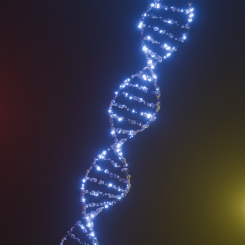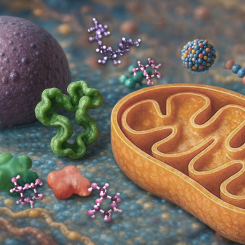Student advisors
NOTE: All MCB majors must complete MCB3012Z (Research project in Molecular and Cell Biology) during the second semester. This course replaces practical classes for both third year second semester MCB courses.
Useful links
Science Faculty Handbook
Undergraduate student prospectus
Applying to UCT
Fees and funding












